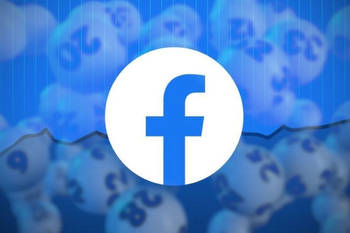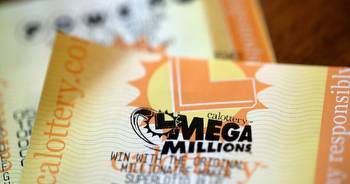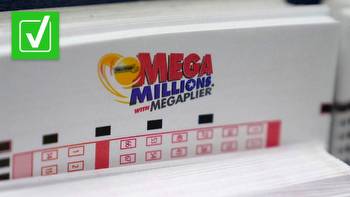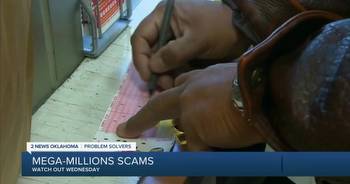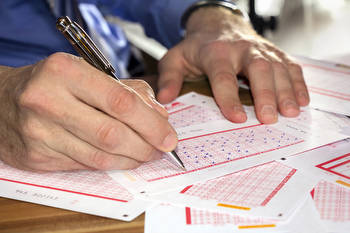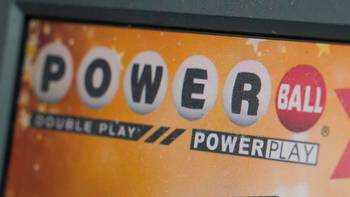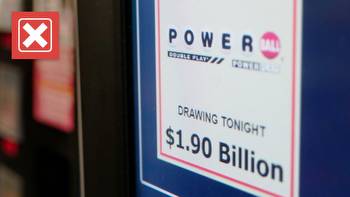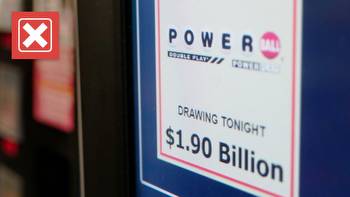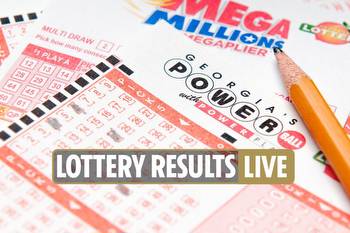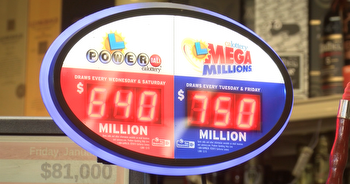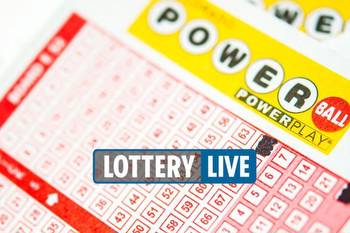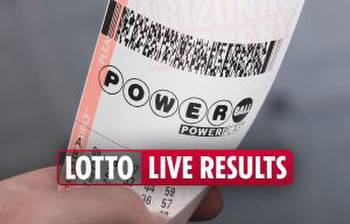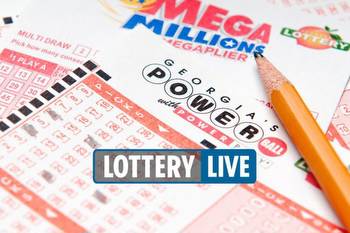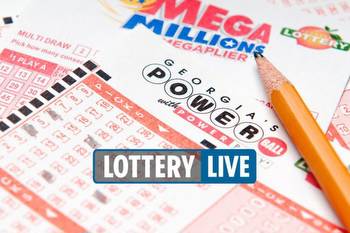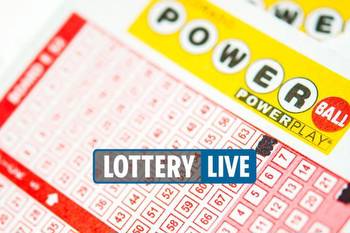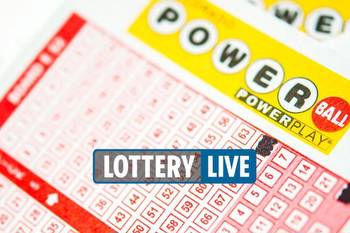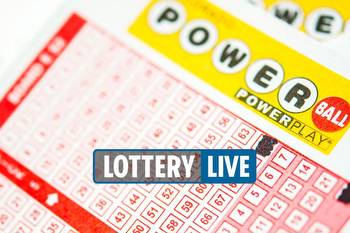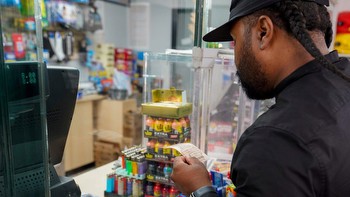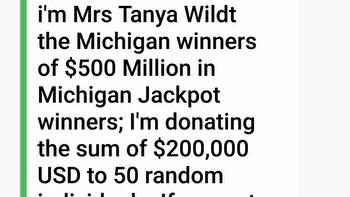Scammers use big Mega Millions, Powerball jackpots to trick you

The Mega Millions jackpot is nearly $1 billion; its prize for Friday, Jan. 6 is expected to be around $940 million, or $483.5 million if the winner takes the cash option. This prize, which will be the fourth largest in Mega Millions history, comes just a couple of months after Powerball reached its own record jackpot of just over $2 billion.
With new record highs comes increased lottery buzz. And that attention isn’t just from the people who hope to draw the winning numbers, scammers also see an opportunity to target more victims.
Are there lottery scams around high jackpots like the one in Mega Millions?
Yes, there are lottery scams, particularly around high jackpot games like Mega Millions.
Scammers have a history of turning money-making opportunities for their victims into money-making opportunities for themselves. The Mega Millions and Powerball are no different — even for people who never come close to winning the big prize.
Although there are a number of ways scammers use the most popular lotteries to trick people, Mega Millions warns of one particular tactic to be wary of: a call, email, text or social media message that tells you that you’ve won a prize.
“Some of those scammers have falsely identified themselves as being affiliated with Mega Millions,” Mega Millions says. “No representative of Mega Millions would ever call, text, or e-mail anyone about winning a prize.”
“Lotteries will never contact you via email or telephone call to inform you that you’ve won a prize, unless you specifically entered an official lottery promotion or contest,” Powerball says.
Whatever tactic the scammer tries, they’re looking to trick you into sending them money or personal information, Mega Million says.
Mega Millions says the scammers might claim to be affiliated with a legitimate lottery, or say they’re with Mega Millions. Lottery officials also warn scammers might use names of fake organizations like United States National Lottery, Mega Millions Corporation and Mega Millions International Lottery.
A couple of other popular tactics are when the scammer claims to be a prior jackpot winner who is sharing their money, or tries to trick you into buying fake lottery tickets for what appears to be discounted prices.
They could send a fake check and claim you need to send money back to cover expenses, or they could simply claim that you have to pay taxes or fees on your winnings before receiving the prize.
The Better Business Bureau (BBB) says that legitimate lotteries don’t ask for money to cover for fees or taxes. They do cost money — but only to buy the original ticket you need to enter the lottery. That also means any offers to win a prize through a “free play” entry — a tactic Mega Millions warns scammers may use — are also bogus.
“Lotteries will never ask you to pay a fee to collect a Powerball prize,” Powerball says. “If you are asked to pay a fee to claim a prize, you are likely being scammed, and you should not share any personal or banking information with those entities.”
Among the warning signs of a prize scam listed by the Federal Trade Commission (FTC), paying to get a prize is at the top.
The FTC says there is “absolutely no reason” to ever give your bank account or credit card number to receive a prize.
Representatives for lottery agencies and their games have had to warn people not to fall for various popular scams several times over the last few years. In April 2022, Mega Millions said people were falling for random phone calls and WhatsApp messages claiming they had won money or cars — even if the victims hadn’t actually entered a recent lottery. In December 2020, the Colorado Lottery warned scammers were including photoshopped screenshots of the state’s winner’s checks in their emails to make their scams seem more legit. In July 2020, the Arizona Lottery reported scammers were impersonating the state’s recent Mega Millions jackpot winners with claims they would share their prize money with their victims.
Powerball recommends contacting your state’s attorney general and the FTC about any lottery scams you encounter.
The FTC says you can report scams by going to ReportFraud.ftc.gov. It also recommends contacting your state attorney general and local consumer protection office, and if the scam came by mail, the US. Postal Inspection Service.
If you fell victim to a scam, you’ll also want to recover your money if it’s not too late, and protect your identity, financial information, online accounts and device. Read how in this VERIFY article.








